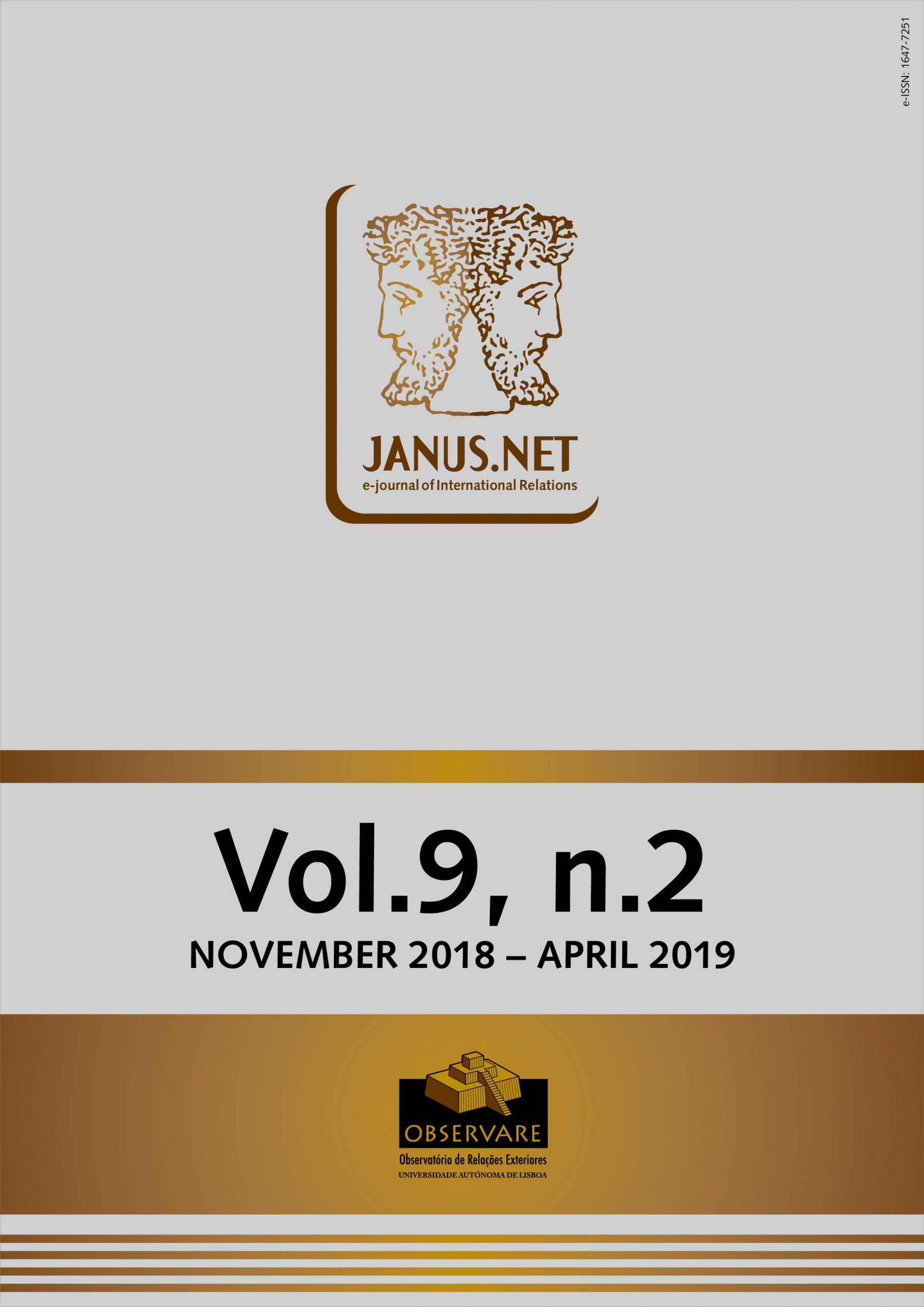The decreasing importance of the state as a prominent actor in international politics has opened a debate about the rising importance of transnational relations. The research focuses on other actors, including epistemic communities. The paper traces previous research using the concept of epistemic communities and their influence in international politics and responds to its limitations. It uses the social constructivist approach for the elaboration of criteria of the professionalization process needed for recognition of epistemic communities. The paper also elaborates the concept of their influence in international regulation, including defining conditions of demand for epistemic communities’ activities. The conditions include the introduction of complex problems with an element of uncertainty, acquisition of direct or indirect access to the political decision-making process in the arenas of international politics, and the ability of these arenas to execute international regulation. The paper also explains and elaborates the diffusion process of shared beliefs created by epistemic communities. The ability to diffuse shared beliefs supports modes of persuasion including statistical indicators, focusing events and narratives. Shared beliefs transfer via a process of institutional learning. Successful transfer means that shared beliefs become part of a political agenda. Utilization of the shared beliefs for creation, execution and enforcement of political decisions manifests the influence of epistemic communities in international politics.
EPISTEMIC COMMUNITIES AND THEIR INFLUENCE IN INTERNATIONAL POLITICS: UPDATING OF THE CONCEPT
He works in Jan Masaryk Centre for International Studies at the University of Economics (Prague, Czech Republic). He focuses on actors of political negotiations in the area of the international management of the outer space. Field of his specialization also encompasses problematics of science diplomacy.
Jana Kohoutová does her research on the Faculty of International Relations at the University of Economics (Jan Masaryk Centre for International Studies, Prague, Czech Republic). She is focused on new forms of diplomacy and strategies of political negotiation.
Jana Burešová is on the Faculty of International Relations at the University of Economics (Jan Masaryk Centre for International Studies, Prague, Czech Republic). She specialises in research of international norms and rules, human rights and security studies.
Jaroslava Bobková is on the Faculty of International Relations at the University of Economics (Jan Masaryk Centre for International Studies, Prague, Czech Republic). Her current research revolves around non-state actors in international relations.
Resumo
Palavras-chave
Como citar este artigo
Machoň M; Kohoutová, J; Burešová, J; Bobková, J (2018). “Epistemic communities and their influence in international politics: updating of the concept”. JANUS.NET e-journal of International Relations, Vol. 9, N.º 2, November 2018-April 2019. Consulted [online] on the date of the last visit, https://doi.org/10.26619/1647-7251.9.2.1
Article received on 23 January, 2018 and accepted for publication on 3 September, 2018















